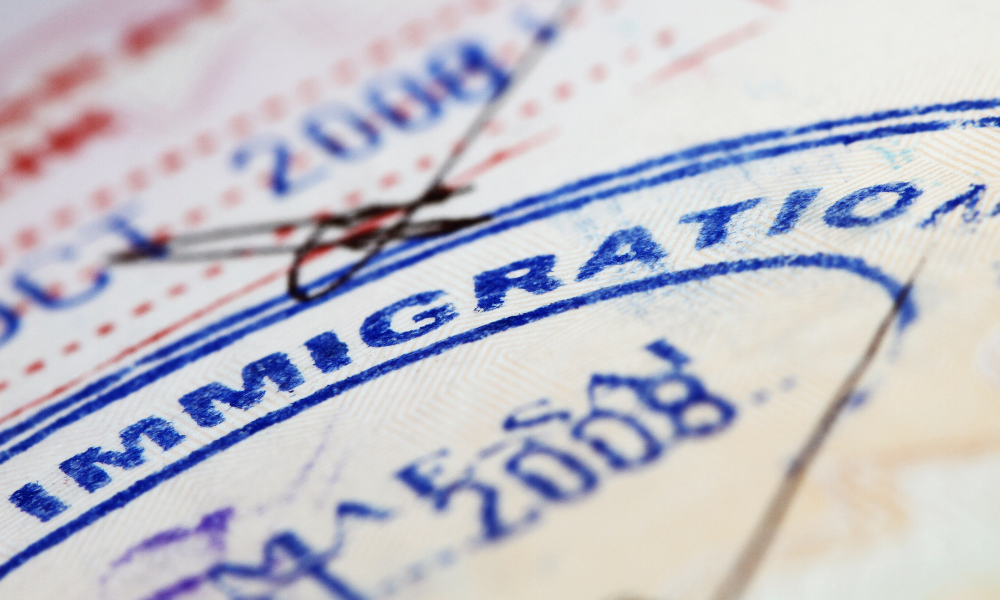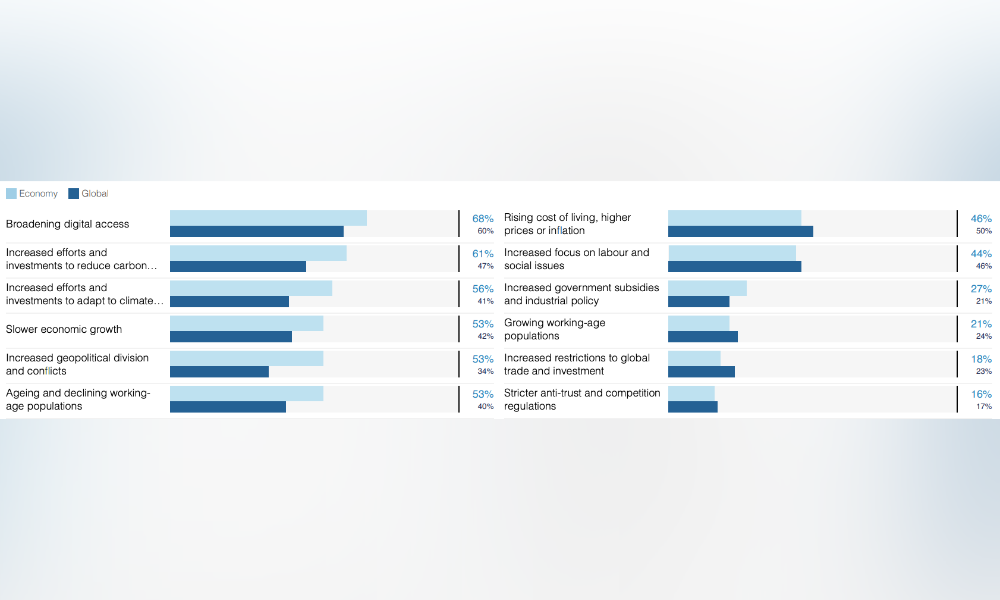
Employers name skills gap as major barrier to business transformation

Nearly half of employers in Australia are hoping for changes in immigration policies to address the skills gap in their workforce, according to a new report from the World Economic Forum (WEF).
The WEF's latest Future of Jobs Report found that 45% of Australian respondents hope for changes to immigration to attract global talent, much higher than the global average of 26%.
"This suggests the need for migration to be better balanced with domestic skills supply through cross-sector coordinated planning, improving the identification of skills in demand, looking at regional needs and ensuring those with the right specialist skills are attracted," said the Ai Group, which partnered with the WEF in the report.
The call for better immigration policies comes as 65% of employers cite the skills gap as a major barrier preventing business transformation, according to the WEF report.
Other barriers they cited include:
To improve talent availability, employers said the following public policies have the greatest potential:
Meanwhile, they also cited broadening digital access as the biggest macrotrend that will drive transformation in their organisations by 2030.

"The report reveals a tangled mix of global drivers transforming jobs globally and in Australia, resulting in skill disruption, new and evolving skill demands, particularly in technology-related fields, and a substantial need for reskilling and upskilling," said Innes Willox, Ai Group chief executive, in a statement.
"It demonstrates the importance of building the capability and size of Australia's workforce now and over the coming years."